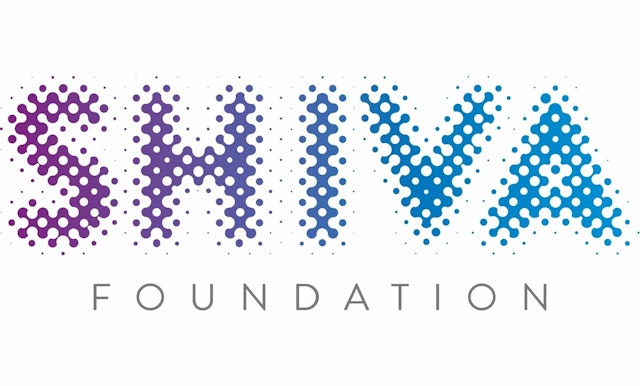
As restrictions lift, our attention is naturally moving towards thinking about summer holidays and eating out. Unfortunately, the news has been full of stories about staff shortages and recruitment difficulties within hospitality businesses and this could put further pressure on a sector that is already at high risk of labour exploitation. To understand the link between the hospitality industry and modern slavery, we asked George Ritchie at Shiva Foundation to explain more.
Pre-pandemic, the hospitality industry was the 3rd largest employer in the UK, and employed 10% of people across the globe. That makes it a pretty labour-intensive sector. Unfortunately, hospitality is also a high-risk sector for labour exploitation.
A spectrum of exploitation
Labour exploitation exists on a continuum – from poor employment practices (e.g. employers not providing sick pay) to forced labour and modern slavery.[1] In all cases, the dignity of the worker is diminished for the employer’s gain.
Exploitation will most commonly occur on the milder side of this spectrum because of negligence or employers cutting corners to improve their bottom lines. But forced labour is not absent - there are likely thousands of victims in the UK.[2]
Why is hospitality particularly high-risk for labour exploitation?
As with all service-based industries, there exists the possibility of labour exploitation given the labour-intensive nature of the work. But hospitality is particularly at risk due to systemic issues which produce negative outcomes for workers. These issues (and subsequent outcomes) include:
- complex operating models breed a lack of accountability for worker welfare
- market pressures lead to unfair employment practices
- the high proportion of ‘low-skilled' jobs attract more vulnerable workers.
Sexual exploitation is also an additional risk in the sector, especially for hotels who may be unwitting hosts to traffickers using their rooms for exploitation.
I will explore these issues one by one.
1. Complex operating models breed a lack of accountability for worker welfare.
The hospitality industry
- sub-contracts and uses agency labour which fragments employment relationships
- is heavily franchised, so brand, owner and operator may be distinct, with little interaction
- has minimal regulatory oversight. For example, licensing is not required for service suppliers (eg housekeeping), and there is no dedicated labour inspection system in place.
The result of this is that worker welfare is not prioritised and often ignored. Firms can be completely ignorant to the problem of labour exploitation; unaware of how to spot it and with no mechanisms to remedy it. This creates the space for emboldened managers, supervisors, and sub-contractors exploiting workers for professional or personal gain, unafraid of audit, oversight and retribution.

